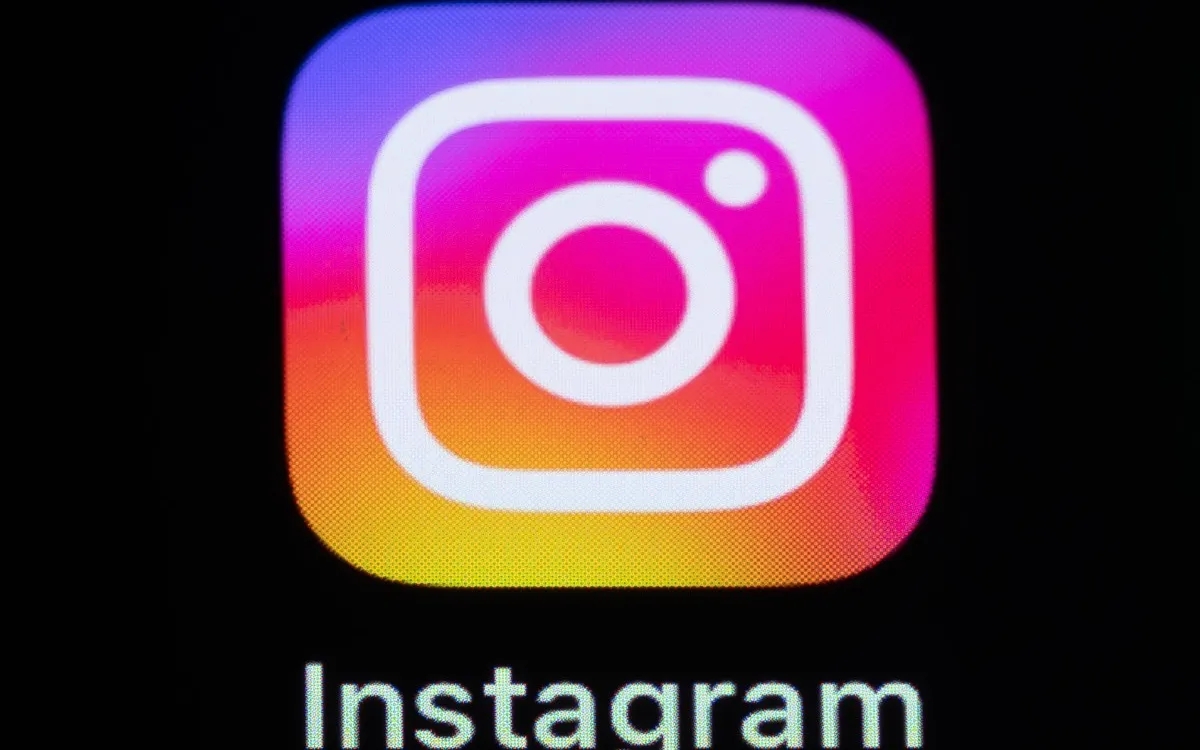
On Wednesday, Instagram's head, Adam Mosseri, took to his account to debunk the persistent myth that the social networking giant is secretly “listening” to its users. This conspiracy theory suggests that Meta activates the microphones on users’ phones to record conversations for the purpose of targeting relevant ads. Despite being a longstanding rumor, Meta has previously refuted these claims, insisting that such practices are not part of their advertising strategy.
Ironically, Mosseri's myth-busting statement coincides with Meta's recent announcement to enhance its ad-targeting capabilities across its social media platforms. The new strategy involves utilizing data collected from user interactions with its AI products. This development raises the question: if Meta didn't need to record conversations to deliver eerily accurate recommendations before, why would it need to now?
In his post, Mosseri revealed that he has had numerous conversations about the perception of Meta listening to its users. Many individuals, including his own wife, expressed disbelief at how effectively the company's ad targeting works. It’s a common experience for users to think about a product or topic, only to see related content appear in their feeds, creating an impression that Meta possesses mind-reading capabilities.
Meta has consistently denied the accusations of recording conversations, clarifying that it does not require such invasive methods to generate successful recommendations. Mosseri emphasized that secretly using microphones would constitute a “gross violation of privacy.” Yet, the reality is that Meta does not need to actively listen to users to gather insights about their preferences.
In 2016, Meta (then known as Facebook) published a blog post explicitly stating that it does not utilize users’ phone microphones to decide which ads to display or what to show in their News Feeds. Furthermore, Meta CEO Mark Zuckerberg has testified before Congress, reiterating that the company does not collect audio data for ad targeting purposes. Mosseri's recent post serves to reinforce these long-standing assertions, particularly as the company prepares to collect more user data than ever.
According to Mosseri, users would be aware if their phone's microphone was active, as a light indicator would appear on the screen, and battery life would deplete more rapidly. Instead, he explained that Meta's recommendation system excels due to its collaboration with advertisers, who provide data about user interactions on their websites. This information enables Meta to serve targeted ads that align with users' interests.
Meta's advanced algorithm-driven ad technology has proven to be a lucrative model over the years. With the integration of AI, the company plans to refine its ad-targeting capabilities further. If users believed they were being monitored in the past, the situation may intensify with the new features. Meta's upcoming privacy policy, set to be released on December 16, will allow the company to utilize data from consumer interactions with its AI products as an additional signal for ad targeting.
Mosseri also highlighted that sometimes the accuracy of recommendations is not solely due to technology. Factors such as coincidence or human psychology can play significant roles. He pointed out, “You might have actually seen that ad before you had the conversation and not realized it.” Users often scroll through content rapidly, which can lead to internalizing ads without conscious awareness. This unintentional awareness might influence later conversations, further blurring the lines between targeted advertising and perceived surveillance.